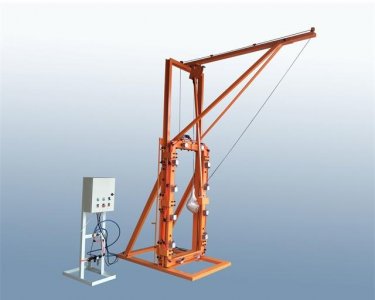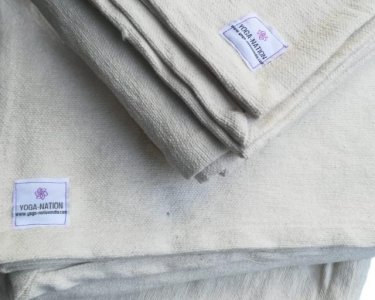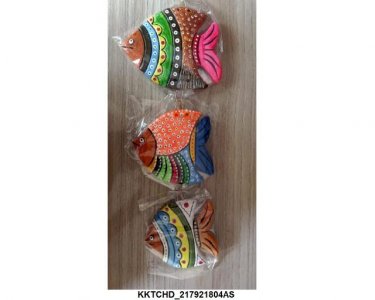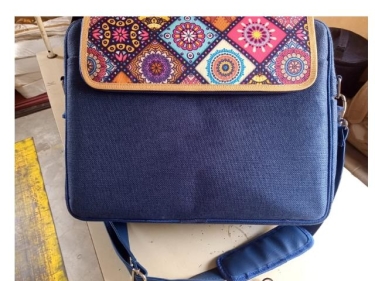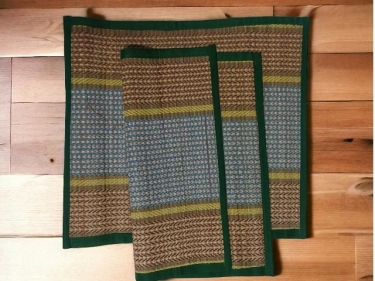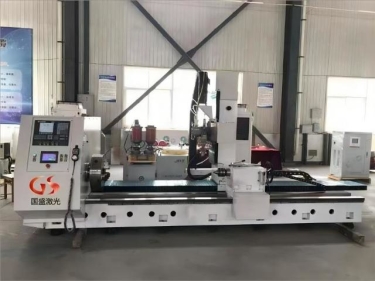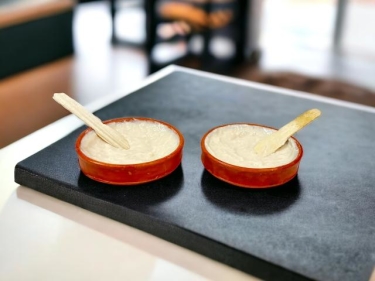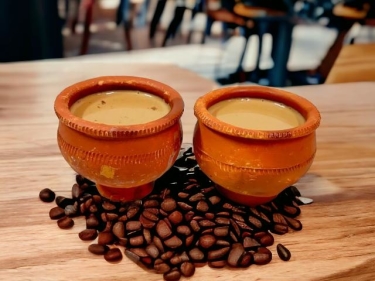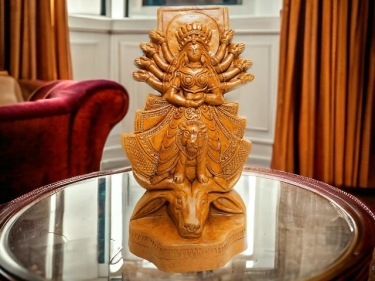Search Results for "democratic peoples republic of korea" in "Democratic People's Republic of Korea" on Export Portal
Active Filters
-
Keywords:
-
Country:
- Clear all
New Search
Couldn't find the product you want?
Fill out this form to request the product.
Exports
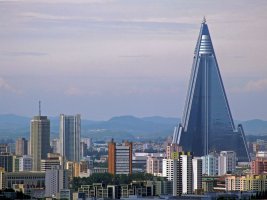
The economy of the Democratic People's Republic of Korea is heavily nationalized. The country has a relatively industrialized economy, the most important industrial sectors being food processing, machine building, chemicals, military equipment, metallurgy, mining, textiles and tourism. Industry accounts for about 50% of the country's GDP and employs (along with the services sector) 65% of North Korea's work force.
North Korea is the 18th largest producer of iron and zinc in the wolrd. It also has the 22nd largest coal reserves in the world. In addition, the country is the 15th largest fluorite producer and 12th largest producer of copper and salt in Asia. Other important natural resources include lead, graphite, magnesite, gold, pyrites and fluorspar. North Korea is supposed to have large potential rare metal resources.
Agriculture does not play an important role in the country's economy, as the climate, terrain, and soil conditions are not very favorable for farming. Only about 17% of the total land is arable. The major cultivated crops include rice, corn, soybeans and potatoes. Commercial fishing and aquaculture also have a significant contribution to the country's food supply.
It should be mentioned that tourism is a growing economic sector.
North Korea is the world's 123rd largest export economy. Its major exports include coal briquettes, iron ore, non-knit men's coats, non-knit men's suits and non-knit women's coats and textiles. The most successful export industry is the garment industry. The country's top export partners are China, India, Pakistan, Nigeria and Brazil.
Customs requirements of Democratic People's Republic of Korea
Official webpage of the DRP Korea
Website: http://www.korea-dpr.com/index.html
North Korea, officially the Democratic People's Republic of Korea (DPRK), is a country situated in East Asia, in the northern part of the Korean Peninsula. The country is bordered by China, South Korea. North Korea is a member of the Asian Development Bank, Economic Social Commission for Asia and the Pacific, Conference on Trade and Development, International Maritime Organisation and other international organizations.
Import and export requirements
North Korea has one of the world's least open economies. The country's government does not intend to create an economy which conforms to market laws. It should be mentioned that North Korea is not easily accessible to foreign trade. The DPRK's government imposes strict and unfavourable regulations which create trade barriers. The country's economic relations are restricted to its neighbouring countries - South Korea, China, Russia and Japan.
Customs Law of The Democratic People's Republic of Korea
- The State shall apply either zero or low tariff on materials whose import and export are encouraged and high tariff on materials whose import and export are discouraged.
- The customs shall inspect cargoes. commodities and transport means which are brought into or taken out of the D.P.R.K. Cargoes. commodities and transport means which have not been inspected by the customs are not allowed to enter or leave the D.P.R.K.
- The customs shall strictly supervise and control the transportation of materials to ensure that materials which are not included in the state foreign trade plan or for which license of import or export has not been obtained are not brought into or taken out of the D.P.R.K.
- The standard price on which customs duty is levied shall be the price on arrival at border in case of import, price of delivery at border in case of export and retail price in the other cases. Tariff shall be set by the Administration Council of the D.P.R.K.
- The calculation of customs duty shall be done in Korean Won according to tariff applied at the time of import or export. The conversion of foreign currencies into Korean Won shall be subject to the exchange rate specified from time to time by the foreign exchange control organ.
Source:
http://www.asianlii.org/kp/legis/laws/clotdprok489/













